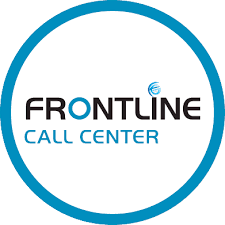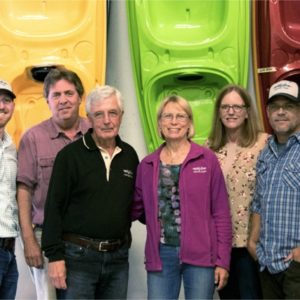New DOL Regulations May Bring Clarity to ESOP Valuation Process
While a legal framework for employee stock ownership plans (ESOPs) was established by the Employee Retirement Income Security Act of 1974 (ERISA), formal guidance for determining the fair market value (FMV) of private company shares sold to an ESOP has not been issued in the 50 years since then. The U.S. Department of Labor (DOL) is now poised to issue proposed regulations (perhaps as early as March 2024 according to the DOL’s most recent regulatory agenda) clarifying what constitutes adequate consideration for such shares, which has been a long-standing concern for the ESOP community.
Lack of Guidance Vexes the ESOP Community
Historically, the ESOP community has relied on the DOL’s audit findings, process agreements, and the courts for interpretive guidance on the valuation process, which has led to inconsistencies. This leaves ESOP trustees unsure of how to determine an appropriate share price. Using the correct share price for the sale of private company stock to the ESOP is of paramount importance since the sale would be a prohibited transaction if the ESOP paid more than “adequate consideration” for the shares. Technically, the sale of employer stock to the ESOP is an ERISA prohibited transaction, but a statutory exemption allows such sales, so long as the ESOP pays no more than “adequate consideration” for the shares.
Additionally, the industry has dealt with costly litigation and investigations associated with ESOP valuations. According to the National Center for Employee Ownership, ESOP court cases have cost defendants an estimated $385.5 million over the past decade. Between 2007 and 2017, the Employee Benefits Security Administration found ERISA violations in more than 1,000 cases; ESOP valuation and loan term issues were the most common violations found.
Requested Clarification and SECURE 2.0
Over the years, ESOP groups requested clarification on this issue. Enacted on December 29, 2022, the SECURE 2.0 Act requires the DOL to issue regulations for what constitutes “adequate consideration” for sales of private company stock to an ESOP for purposes of the ERISA statutory exemption.
During 2023, the DOL met with ESOP industry professionals to gather preliminary input about the proposed regulations. Early discussions indicate that the regulatory focus is more about the general valuation process than on issuing specific rules that might limit the ability of ESOP trustees and other advisors to exercise their professional judgment.
Interim Best Practice Considerations
While the industry awaits the DOL’s proposed regulations, the following are some best practices to consider when seeking to mitigate ESOP valuation risks:
- Work with skilled advisors who have deep experience with ESOP valuation analysis.
- Interview and thoroughly vet a potential ESOP trustee prior to engaging them. Look for a trustee who has developed a process and strong track record for determining FMV of private company stock.
- Use a trustee who has no ties to the company being appraised (i.e., is independent) and has experience with similar size companies in the company’s industry.
- Hire valuation firms that understand both ESOPs and the industry of the company sponsoring the ESOP.
An ESOP valuation process should be transparent and balanced for all stakeholders (i.e., the trustee, sponsor, and ESOP participants). It is crucial to address potential valuation concerns at the earliest stages of ESOP planning.



